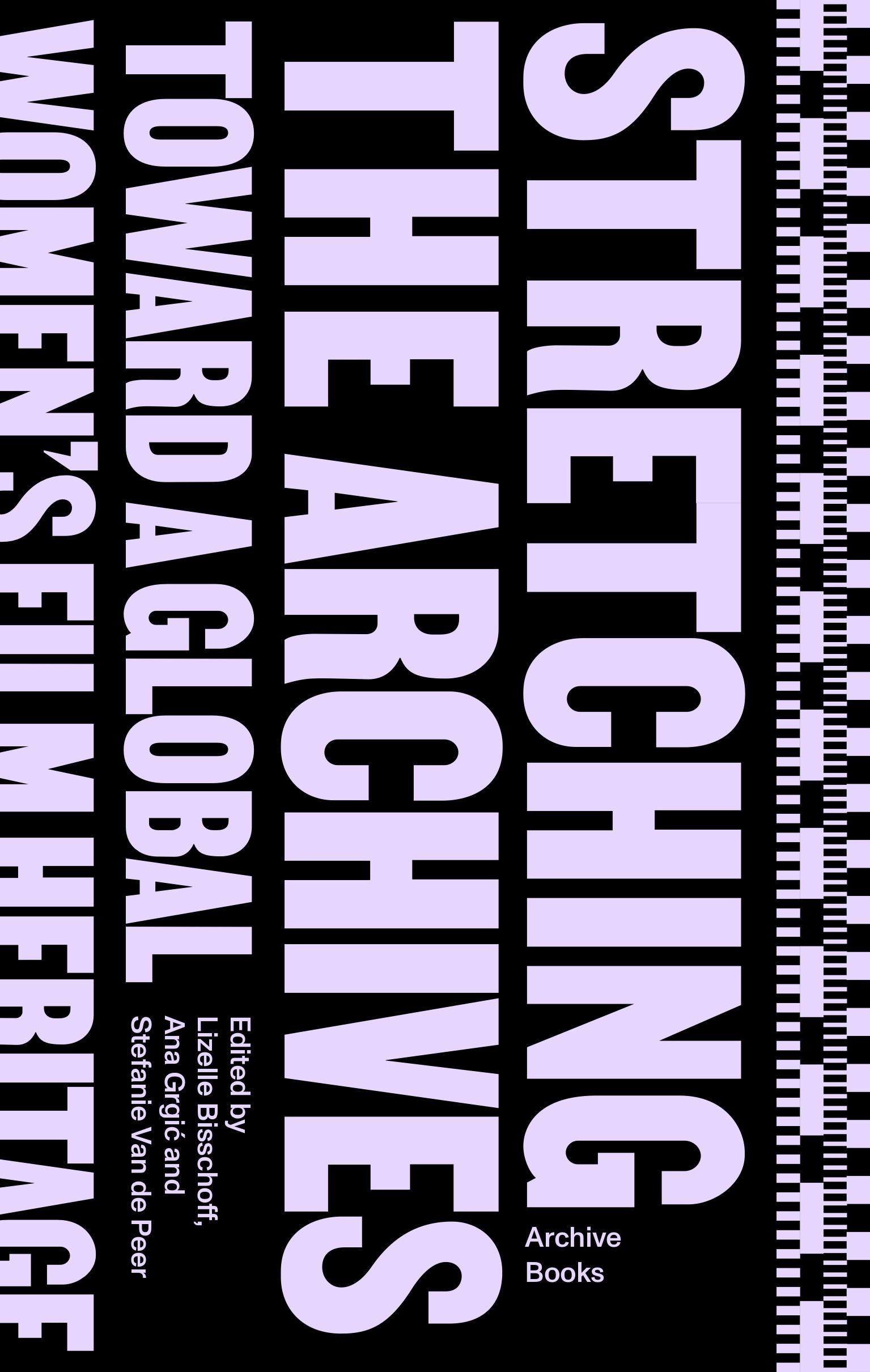FILM
The Female Filmmakers
of Josei-Eiga
Vivian Wenli Lin
The Female Filmmakers of Josei-Eiga is a video essay by Vivian Wenli Lin, in which she looks at what the pioneering women of Japanese cinema contributed. Josei- Eiga was an era of the women’s film and one of the most popular genres of the wartime period. In this chapter, the video essayist discusses the work of Sakane Tazuka (1904–1975) and Taneka Kinuyo (1909–1977), and the way in which they defied Japanese gender and genre norms, both on and off screen.
Vivian Wenli Lin is a media artist and educator with a background in documentary film, video art, and interactive installation. She founded Voices of Women Media, an organisation that utilises visual participatory methods to facilitate communities of migrant women and allies in media literacy and authoring their own narratives. Lin received her Ph.D. in Media Art at the City University of Hong Kong’s School of Creative Media. From 2017–2021 she was based in Tokyo, Japan, where she taught at the Tokyo University of Foreign Studies and served as an Associate Professor at Tokyo Christian Woman’s University. From 2020-2023, Vivian was appointed as the Visiting Assistant Professor in Media for Social Change at Occidental College’s Media Arts and Culture department where she developed the course Media Activism Through Participatory Video. From 2023 onwards, Vivian will continue at Occidental College as an Assistant Professor.
The film is extracted from the book Stretching the Archives Toward a Global Women’s Film Heritage, recently published by Archive Books.
